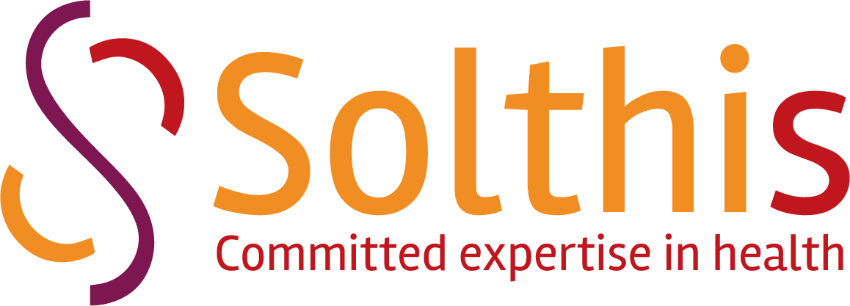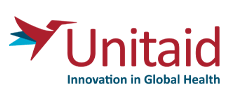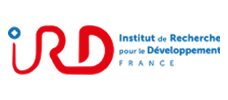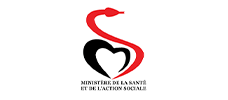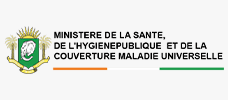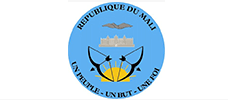June 2018 – June 2022
Côte d'Ivoire, Mali, Senegal
The HIV/AIDS epidemic in West Africa has prevalence rates in the general population of low to moderate: 0.4% in Senegal, 1.2% in Mali and 2.8% in Côte d’Ivoire. However, in some specific subgroups, this prevalence may be much higher, reaching 41.9% in key populations in Senegal or 12.2% among sex workers in Côte d’Ivoire. Today, less than half of people living with HIV in West and Central Africa know their HIV status. Increasing access to testing is therefore essential to reduce HIV / AIDS-related mortality and morbidity. The HIV self-test should make it possible to reach these specific populations that are difficult to reach and that, in a socio-cultural context still strongly marked by discrimination, can not be tracked. This is why the ATLAS project is designed as a complementary screening strategy to improve the first 90 of the UNAIDS 90-90-90 strategy.
Objectives
Knowing your HIV status remains an essential step in accessing treatment and ending the epidemic The general objective of the project in terms of public health is to contribute to the reduction of morbidity and mortality related to HIV / AIDS. This will be achieved by improving access to self-testing among most-at-risk populations, by promoting referral to confirmatory testing, prevention, treatment and care. All this will reduce the number of infections and deaths associated with HIV.
- Objective 1: Participate in the large scale introduction and deployment of HIV self-testing.
- Objective 2: Diversify distribution channels to reach the target populations of the project, encourage confirmatory testing and treatments.
- Objective 3: Generate evidence on the results and impact of interventions through scientific studies and promote them.
The ATLAS has also layed the groundwork for deployment. large scale of this screening strategy by governments and other partners, with the support of institutional, associative and research partners.
Results
-
Nearly 400,000 HIV self-testing kits were distributed,
-
91% of them to key populations
-
More than 85% of the kits were dispensed through community-based activities
-
More than 30% were dispensed through secondary dispensing, i.e. people with access to a self-testing facility agreeing to take several kits to give to their peers, partners and clients.
-
The initial results of the research indicate that more than 40% of the users of the self-test kit had never been tested.
